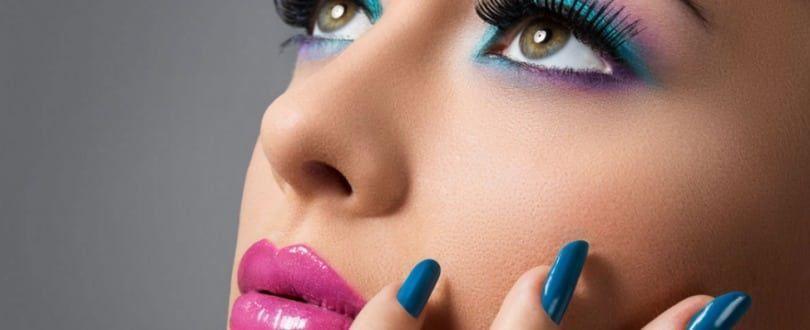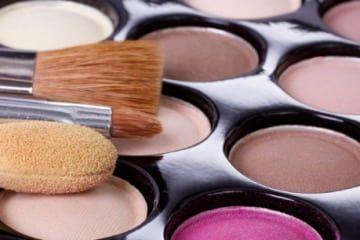
When a cosmetic expires can we use it? Does the sun affect our cosmetics? At what temperature can we store them? Can we share our cosmetics?
How can we avoid the dangers of cosmetics?
- We shouldn't drive and wear makeup. This not only makes driving dangerous, but if the eyeball is scratched, the wound can become infected and even lead to blindness.
- We don't share our cosmetics. We always use a new tool (brush, sponge, cotton, etc.) when testing products in cosmetic stores. We insist that the saleswomen clean the lids of the packages and their hands with alcohol before using the cosmetics on our skin. Many times, when our saleswoman applies her make-up, she rests her make-up tools on the lid of the packages. Thus, bacteria are transferred from our face to the cap and from the cap to the face of the next customer.
- We do not add liquid to a product to restore its original density. Adding other liquids is likely to either introduce bacteria or cause them to grow uncontrollably.
- We immediately stop using any product that causes us an allergic reaction.
- Throw away the cosmetics if their color or smell changes. Cosmetic preservatives deteriorate over time and may not be able to fight any bacteria.
- If an infection occurs, we do not use any make-up and throw away all the products we were using when it first appeared.
- We keep the cosmetics away from the sun. Light and heat can alter the preservatives contained in them.
- We keep the cosmetic packaging tightly closed when not in use.
- We do not use beauty products, in sprays, near fire, or while smoking, because there may be ignition. Hair sprays and powders can cause lung damage if inhaled daily.
- We don't let our cosmetics get dusty or filled with dirt or soil. We keep the packaging clean.
- Cosmetics should be stored at room temperature. Cosmetics that remain, for long periods of time, in hot cars, for example, are more sensitive to the deterioration of their preservatives.
- Be especially careful to keep cosmetics away from children, as several reports have linked cosmetics to poisoning of small children.

- Among the cosmetics, which probably have a particularly short shelf life, are certainly all the "natural products", which contain plant substances. Consumers must necessarily take into account the increased risk of bacterial growth in products that contain natural preservatives, or in those that do not contain any preservatives at all. Expiration dates are, simply, “indicative” and a product can become unsafe long before its expiration date if the product has not been maintained properly. Products, kept under ideal conditions, may remain suitable for use even after the expiry date.
- We don't use it sunscreen, which we had left over from last summer, even if the shelf life has not passed since the date we opened the package. Sunscreens are exposed, for hours, to the sun and high temperatures. Therefore, we throw away what we didn't use at the end of the summer.

No Comments